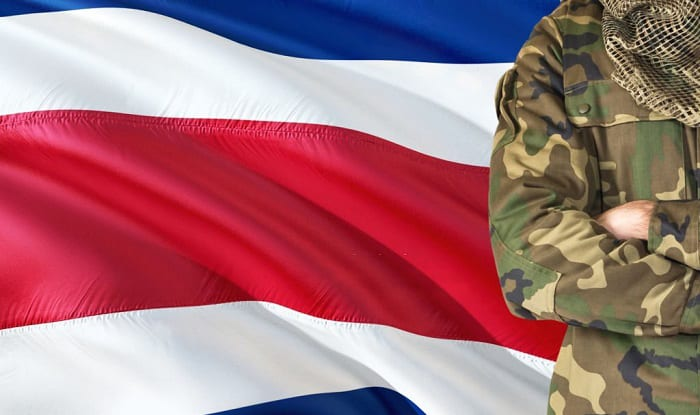The decision to demilitarize started from a proposal to put more money into education and healthcare by the then Defense Minister Edgar Cardona, who passed it to the Interior minister Alvaro Ramos and then, taken to the constitutional assembly by the provisional President at the time, Jose Figueres Ferrer.
But even though Costa Rica has no Army, it has a special police force, officially called the Public Force of Costa Rica (Fuerza Pública). It was established in 1996 by the Ministry of Public Security to perform law enforcement, policing, and border patrol tasks. The force’s motto is “God, Fatherland, and Honor.”
The Effects of Costa Rica not having an Army
The budget previously dedicated to sustaining the Costa Rica Army is put into other aspects of the society like education and health care.
This, in turn, allows for improved political, economic, and social stability. New schools and hospitals lowered the country’s infant mortality and heightened the literacy rate.
Today, Costa Rica’s infant mortality rate is the second-lowest in the region, and the literacy rate is 98%. It also has a higher life expectancy, averaging 80 years old. So, overall, the standard of living has increased.
In fact, in 2012, based on the Happy Planet Index, it was the happiest country in the world!
Population of 5 million.



Article 1, Section 8, Clause 12:
That “no appropriation… for a longer term than two years” part was intended to prevent the establishment of a permanent standing army.
You can also tell that they really meant it because of the contrast with the next clause…
…which pointedly does not contain any such limitation.
(Also, the real point of the Second Amendment was that the militia – i.e. all able-bodied male citizens between age 17 and 45– should be “well regulated” (which at the time meant “well-trained”) and thus prepared to defend the security of the United States themselves. In other words, it was further reinforcement of the idea not to have a permanent professional army.)
What about Clause 14, though?
To make rules for Government and Regulation of the LAND and naval forces
Or is that just relating to, what I’m understanding as, when the government calls for the militia to “stand”? As in Clause 16.
I mean clause 12 does give Congress the power to raise a real army, it’s just that it’s not supposed to stick around for more than two years at a time. In other words, it’s supposed to be a temporary thing during wartime and then go away afterward.
There’s no conflict with clause 14 because it’s about Congress’ power to govern and regulate the army during that two-year (or less) period while it’s raised (as well as to govern and regulate the navy all the time).
Seems to me like Clause 14 might not apply to the militia mainly because Clause 16 would cover it more specifically (e.g. delineating the separation of governance between militia under state control vs. militia under Federal control).